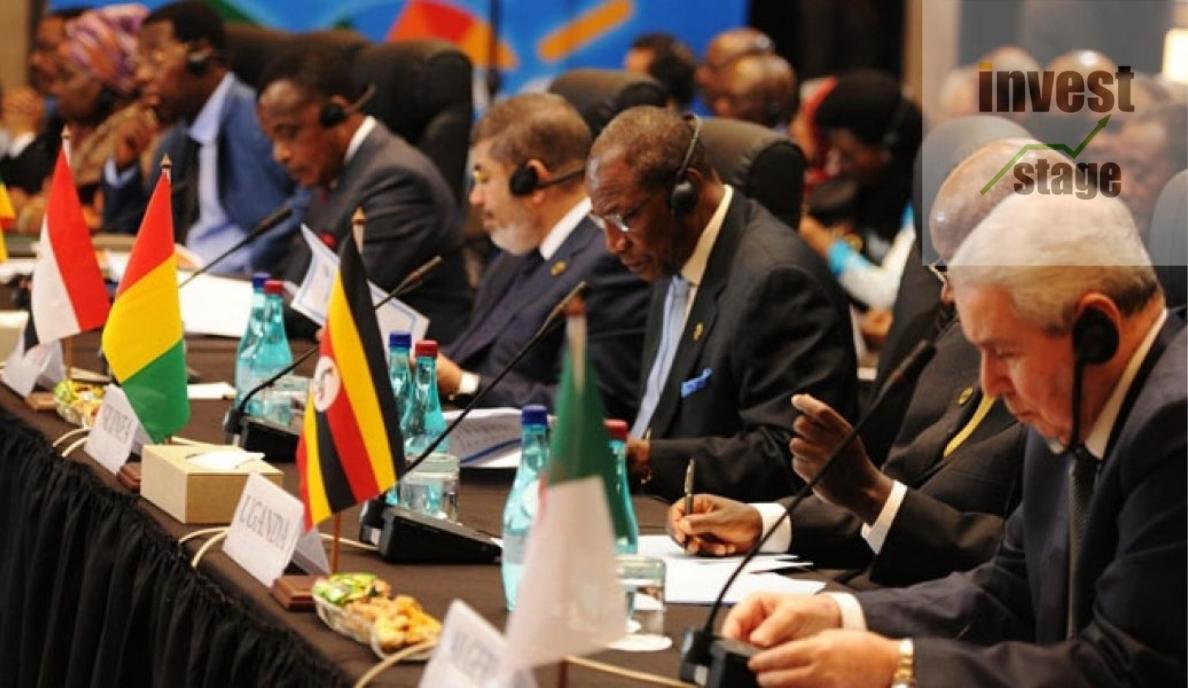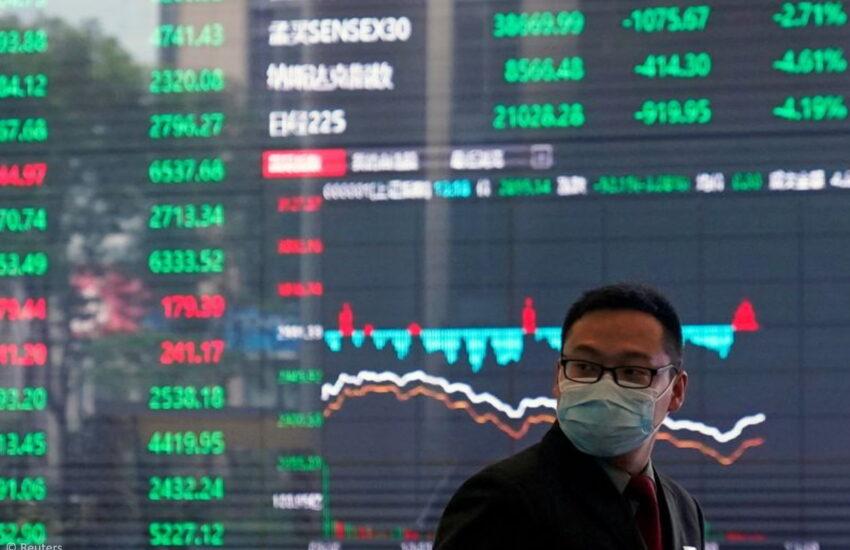The Inclusion of Six New Countries in BRICS Could Pose Significant Problems for the Dollar
The BRICS bloc of developing countries has invited six new countries to join the group: Iran, Saudi Arabia, Ethiopia, Argentina, Egypt, and the UAE, all advocating for de-dollarization.
The inclusion of major oil exporters intensifies debates about de-dollarization.
Members of BRICS have made conflicting comments regarding the U.S. Dollar, but their pursuit of de-dollarization is undeniable.
The bloc, consisting of Brazil, India, China, Russia, and South Africa, has invited six new countries to join the alliance to collectively dismantle the dominance of the dollar and find an alternative to the prevailing Western world order.
Among the invited members are Iran, the United Arab Emirates, Egypt, Argentina, Saudi Arabia, and Ethiopia. Iran, which has faced stringent sanctions from the U.S., is the most vocal advocate for de-dollarization, with other countries holding varied stances.
The inclusion of countries that are crucial exporters of key energy commodities, typically denominated in U.S. Dollars, that are actively traded and are a key component of the global economy, is significant in that any move by them towards trading in non-dollar currencies can impact the global economy as a whole.
Tehran has taken serious steps towards de-dollarization, having discussed using the yuan for trade settlements as early as 2010, and by 2012, China began purchasing crude oil from Iran using the yuan. Discussions have also been held regarding using the Iranian rial for bilateral trade, and this year, Iran joined the Russian payment system “System for Transfer of Financial Messages.”
While the UAE has not yet made a public statement about abandoning trade in U.S. dollars, their actions suggest otherwise, including selling Russian oil to Indian refineries for dirhams and agreeing to use Indian rupees for oil trade settlements with the state-owned national oil company of Abu Dhabi.
Thus, the UAE has signaled its desire to reduce excessive dependence on partnerships with the West.
Another country, Egypt, is seriously considering trading in non-dollar currencies as it, like Argentina, has been suffering from a dollar shortage since 2022, that is, since the beginning of the rise in the Federal Reserve’s interest rate and the strengthening of the dollar globally.
The Egyptian pound has lost about 50% of its value since March 2022, and dollar-denominated imports have become more expensive for Egypt. The country is strongly in favor of paying for imported goods in other currencies, specifically, yuan, rupees, or rubles, but has not yet reached an agreement with any of the relevant countries. Egypt has already begun issuing bonds denominated in Japanese yen.
As for Argentina, it has already begun using the Chinese yuan, but several prominent political figures in the country support the dollar, making its stance on de-dollarization ambivalent. It is difficult to envision complete de-dollarization in this country, although it has recently turned to the Chinese yuan, specifically, by paying for imports from China in yuan instead of dollars, and allowing commercial banks to open deposit accounts in yuan. The reason for such hesitations is the dollar savings of the population to hedge against the volatile peso.
The largest oil exporter, Saudi Arabia, has declared itself open to trading oil in non-dollar currencies. The potential entry of the Kingdom into the BRICS bloc is surprising, as it has a strategic partnership with the U.S. and an agreement to price oil exclusively in dollars.
So far, its intentions have been expressed by Mohammad Al-Jadaan, the Minister of Finance: “There are no issues with discussing how we conclude our trade agreements, be it in U.S. dollars, in euros or in Saudi riyals.” In fact, the country has not yet begun pricing export oil in non-dollar currencies and has not accepted BRICS’s invitation to join the bloc.
Lastly, regarding Ethiopia, it is experiencing a currency crisis following a recent civil war that has destabilized this African country’s economy, which is suffering due to disrupted supply chains from COVID-19 and drought.
Its ambition to join BRICS, similar to Argentina and Egypt, is explained by a desire to resolve economic uncertainty and a foreign currency shortage crisis. While Ethiopia has not publicly stated any intention to abandon trading in dollars, its application to join the bloc is driven by the aspiration for an alternative world order.




